The most recent study conducted by the Center For Disease and Control (CDC), says there were roughly 4.5 million dog bite victims in America per year. That is an alarming number, but luckily there are careful tips that can be implemented to change that statistic. Here are our 15 tips to help prevent dog bites. (www.dogbitelaw.com)
#1 – Don’t Approach Strange Dogs
A loose dog may be scared, sick, injured or just not friendly. If you do not have experience with that type of dog, it is best to call your local rescue group and tell them where you spotted the dog, rather than trying to catch him yourself.
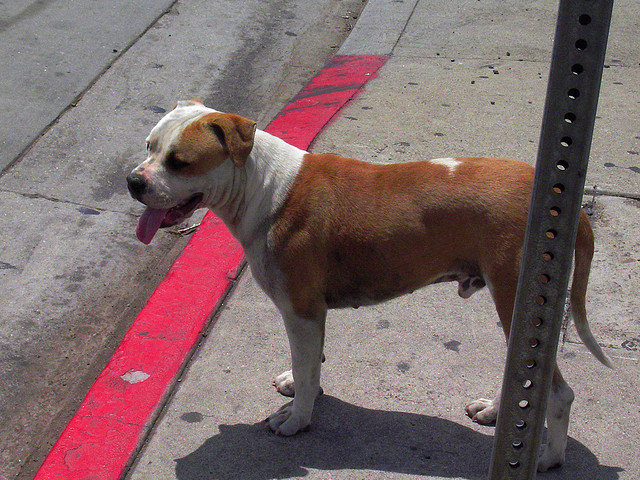
#2 – Ask Before Petting
Never pet someone else’s dog without asking first. And if they say no, respect their answer and leave it at that.
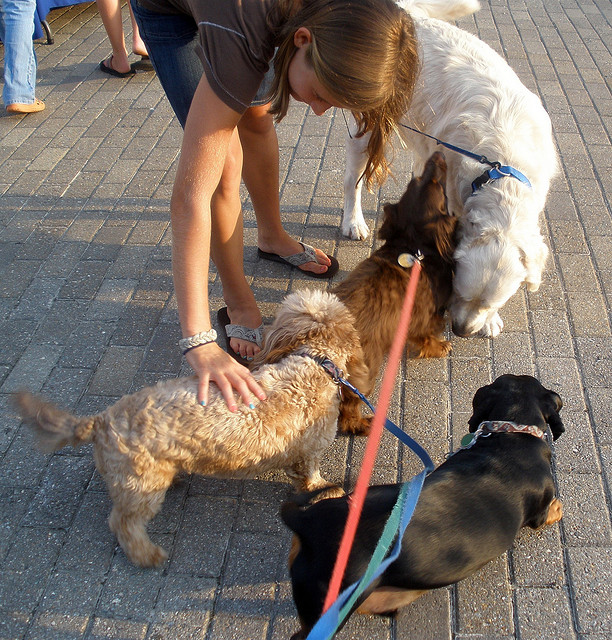
#3 – Even After You Ask, Use Judgement
If the owner tells you it’s fine, but the dog looks scared, nervous or is showing signs it does not want you to pet it, don’t.
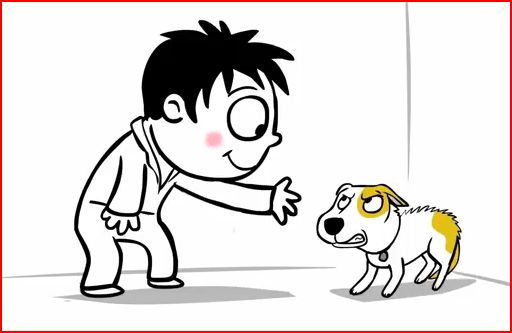
#4 – Don’t Take Anything Away From a Dog
This a valuable lesson to teach children. Don’t try to take a toy, treat, food bowl, shoe, etc., from a dog. It can easily end in a bite. Instead, teach the dog to drop or just leave him alone until he has dropped it himself.
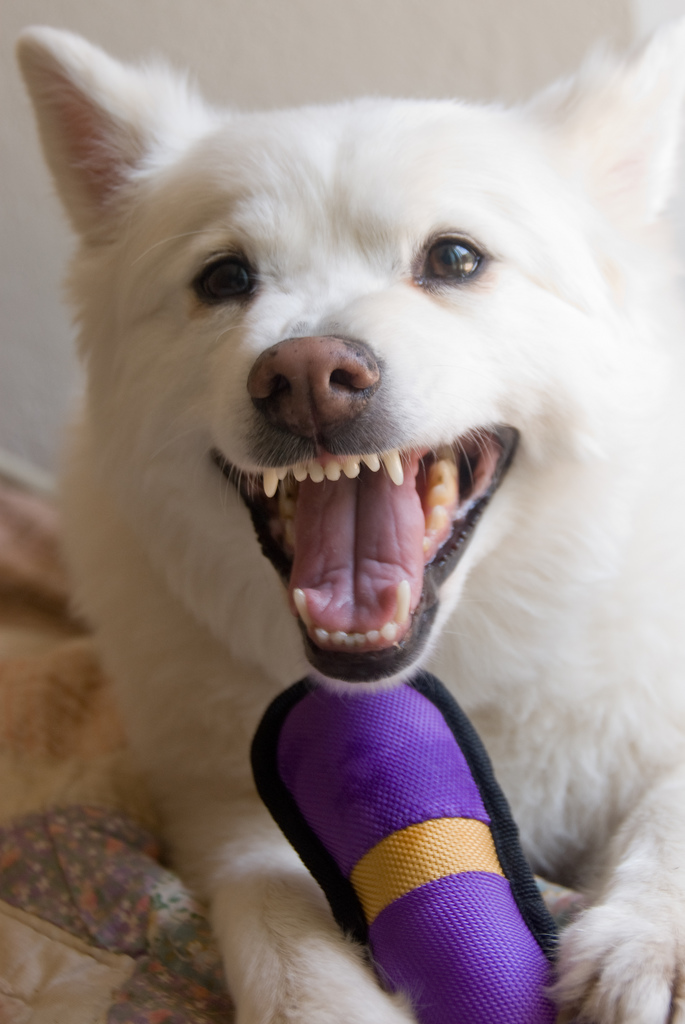
#5 – Don’t Leave Children Unsupervised With a Dog
It doesn’t matter how safe and trusted the dog is – things happen. The child might get too rough with the dog, or accidentally hurt him (stepping on a tail, for example) and the dog might bite.
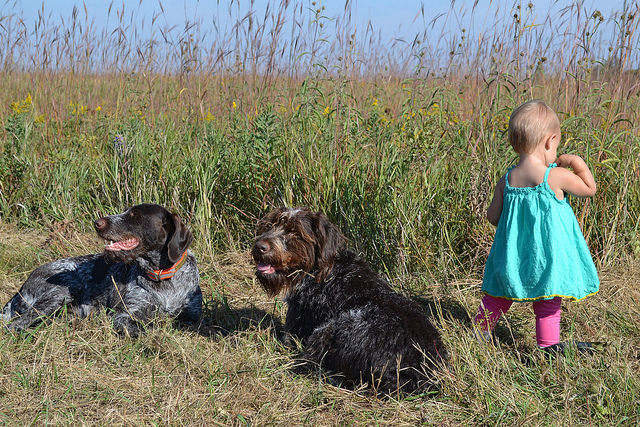
#6 – Learn About Dog Body Language
There are over 86 million dogs in homes across America – you and your children are going to encounter them, even if you don’t have a dog yourself. Learning how to read dog body language can prevent a lot of bites. Dr. Sopia Yin’s poster is a great educational tool.
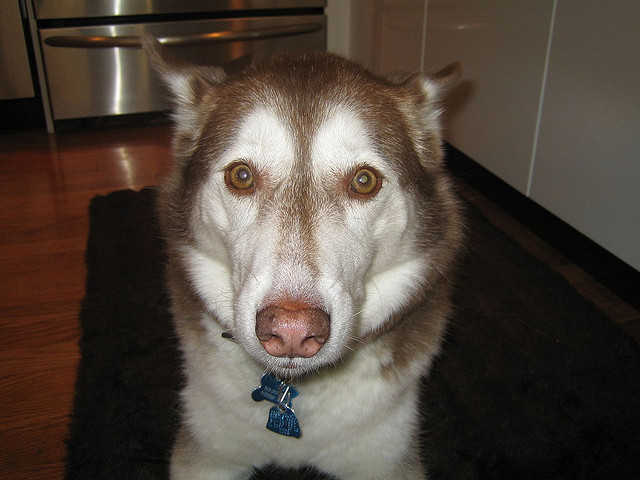
#7 – Never Pet a Dog on the Head
A lot of dogs don’t like this and it’s putting your hand in prime biting position.

#8 – Don’t Put Your Face Near the Dog’s Face
Like petting the head, kneeling or bending down right in the dog’s face can lead to a nasty bite. If you are going to get down near the dog, stay to the side and keep your face away from theirs. Remember, dog’s can jump and bite out of excitement, not just fear or aggression.
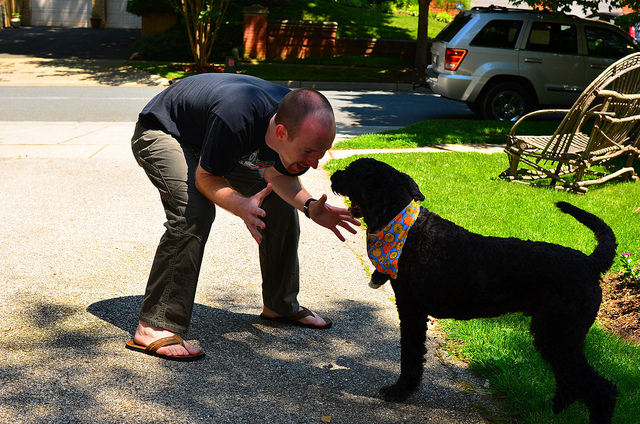
#9 – Don’t Stare into a Dog’s Eyes
Staring is a threat in the dog world – staring into some dog’s eyes can make them uncomfortable to the point where they will lunge and bite. It’s best to just not do it.
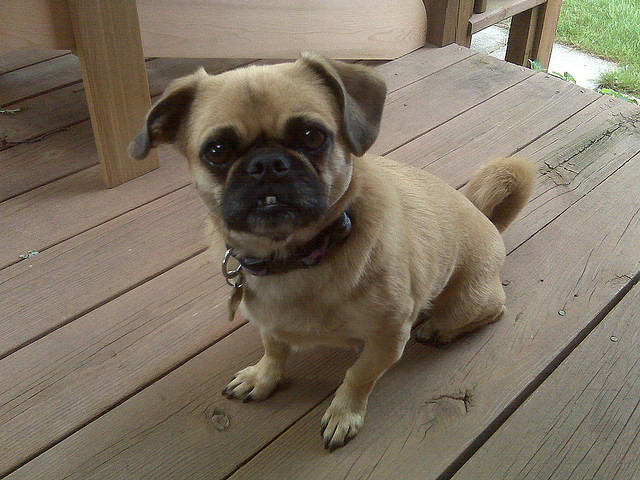
#10 – Train Your Dog
If you own a dog – he is your responsibility. Teaching him bite inhibition, sit to greet, and cue likes leave it and drop so that you can safely get items away from him will help prevent bites.

#11 – Let Sleeping Dogs Lie and Eating Dogs Eat
These are two situations that frequently result in bites – someone startles a dog awake and they bite out of instinct, or the dog is a resource guarder and bites when the person interrupts their eating. Children especially should be told not to bother a dog during these times.

#12 – Carry SprayShield
SprayShield is a humane way of stopping a loose dog or a dog that become aggressive and is coming toward you. It’s a handy thing to keep around the house to take on walks with you.
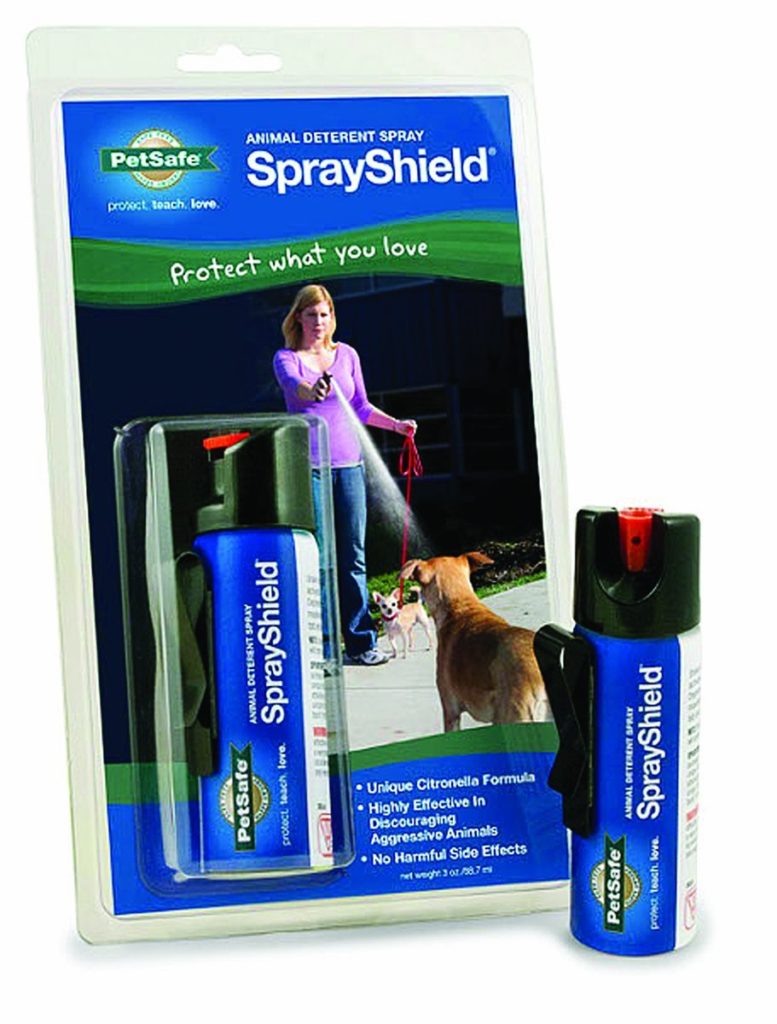
#13 – Don’t Hug a Dog
Most humans love hugs, but not all of them. Dogs are the same way – some dogs tolerate a hug, some don’t. It’s best to not hug a dog, which puts your face right by theirs and possibly in danger if they aren’t in the mood to be hugged.
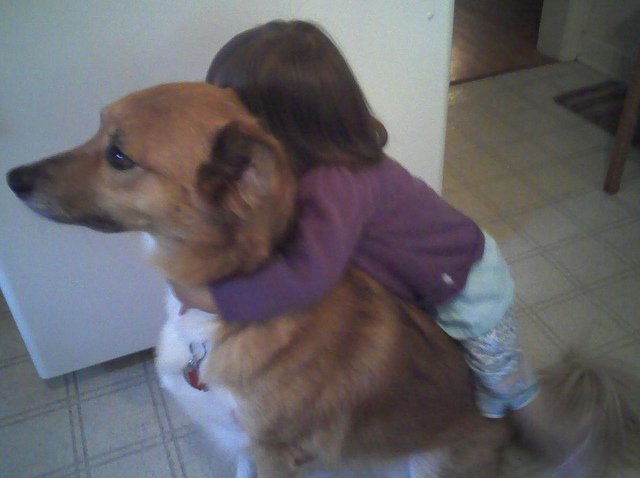
#14 – If You Fall, Curl Up
This is good advice for adults and children. If you find yourself on the ground with an aggressive dog, curl up into a ball with your knees in your stomach and your fingers laced over your neck and ears. (www.aspca.org).
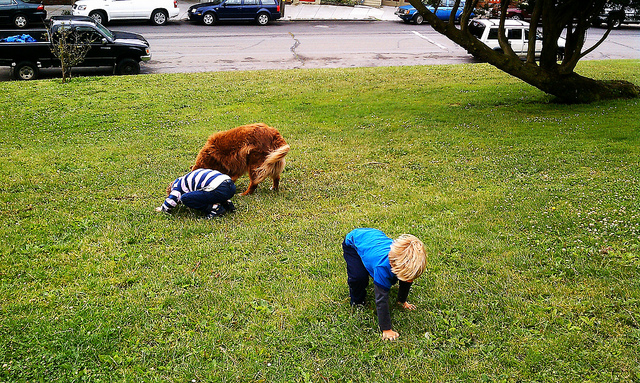
#15 – Let the Dog Approach You At Their Pace
This is the best thing you can do when greeting a new dog. Let him come to you, at this one pace. Don’t stick your fingers in front of his face for him to smell, he may bite them. Besides, the dog can smell you just fine without your hand in his face.
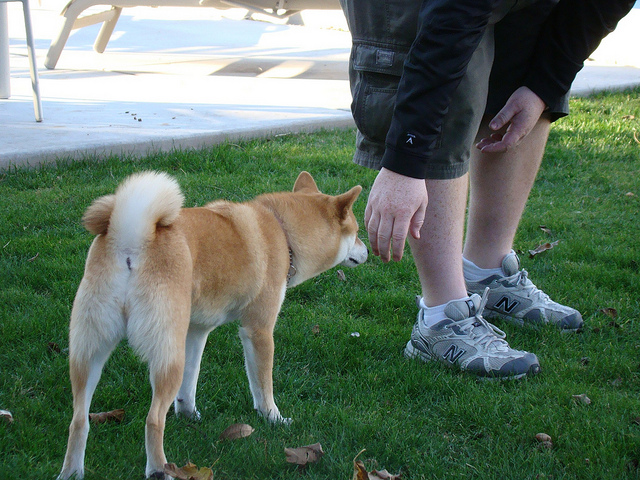
 Toledo, United States.
Toledo, United States.